Did you know that in New Zealand, the average home renovation can end up costing 20% more than initially budgeted? As Kiwis increasingly embrace home makeovers, the hidden expenses often catch homeowners by surprise, leading to financial strain and environmental impact. This article delves into the unspoken costs of home renovations and how sustainability can offer a solution.
With New Zealand's housing market experiencing significant shifts post-2020, understanding these hidden costs is crucial. According to Stats NZ, the average property renovation has seen a cost increase of 15% from 2021 to 2023, largely due to global supply chain disruptions and rising material costs. This trend highlights the urgent need for awareness and strategic planning among homeowners.
The True Cost of Home Renovations: Beyond the Budget
When planning a home renovation, most homeowners focus on the upfront costs, such as materials and labor. However, the true cost extends far beyond these visible expenses. Let's explore the hidden costs that are often overlooked:
- Environmental Impact: Renovations can generate significant waste. According to the Ministry for the Environment, construction and demolition waste account for 50% of New Zealand's total waste.
- Unexpected Structural Issues: Older homes, common in New Zealand, may have hidden structural problems that only become apparent during renovations, leading to additional expenses.
- Permit and Compliance Costs: Navigating New Zealand's building regulations can incur unexpected costs and delays.
- Energy Efficiency Considerations: While upgrading to energy-efficient systems can initially be costly, they offer long-term savings and environmental benefits.
Case Studies: Real-World Examples from New Zealand
Case Study 1: The Auckland Villa Transformation
Problem: A family in Auckland aimed to modernize their 1920s villa. They underestimated the cost and complexity of upgrading the heritage property.
Action: During renovations, they discovered outdated wiring and asbestos, which required specialist removal and added $50,000 to their budget.
Result: Despite the initial shock, the family invested in energy-efficient insulation and solar panels, reducing their energy bills by 30% annually.
Key Takeaways: Always budget for unforeseen issues, especially in older homes, and consider long-term savings from sustainable upgrades.
Case Study 2: Sustainable Renovation in Wellington
Problem: A Wellington couple wanted to create a sustainable home but were deterred by the high upfront costs of eco-friendly materials.
Action: They opted for recycled materials and worked with a local architect specializing in sustainable design.
Result: Their renovation stayed within budget and increased their property's market value by 15%.
Key Takeaways: Sustainable choices can be financially viable and add value to property investments.
Data-Driven Analysis: The Impact of Rising Costs
According to Deloitte's 2023 report, the global increase in construction costs has reached a staggering 30%, impacting New Zealand’s housing sector significantly. This rise is attributed to labor shortages and the increasing cost of materials due to geopolitical tensions and supply chain disruptions.
The Reserve Bank of New Zealand's data indicates that the housing market's volatility has made it crucial for homeowners to consider long-term implications when investing in renovations.
Myths vs. Reality: Common Misconceptions
Myth: "DIY renovations are cheaper than hiring professionals."
Reality: While DIY might save money initially, it can lead to costly mistakes and compliance issues. The average cost overrun on DIY projects is 25% (Source: NZ Building Review).
Myth: "All eco-friendly materials are expensive."
Reality: Many sustainable options, like recycled timber or locally sourced materials, can be cost-effective while reducing environmental impact.
Myth: "Renovations always increase property value."
Reality: Without strategic planning, some renovations may not yield a return on investment. It's crucial to align renovations with market demands.
Industry Secrets: Unveiling Hidden Practices
One lesser-known aspect of renovations is the markup on materials. Builders often have arrangements with suppliers, leading to inflated costs passed onto homeowners. A 2023 industry report by NZ Property Investors’ Federation revealed that some builders mark up materials by as much as 30%.
Additionally, some builders may cut corners by using substandard materials, which can lead to costly repairs down the line. Transparency in contracts and regular site visits can help mitigate these risks.
Final Takeaways
- 🔍 Fact: Renovation costs in New Zealand have risen 15% from 2021 to 2023.
- 🔧 Strategy: Budget for unexpected expenses and invest in sustainable upgrades for long-term savings.
- 🔥 Mistake to Avoid: Neglecting to factor in hidden costs like permits and compliance fees.
- 💡 Pro Tip: Engage with local experts to navigate New Zealand’s unique building regulations.
Conclusion
Renovations offer a chance to enhance your home’s value and sustainability, but they come with hidden costs that can impact your budget and the environment. By understanding these challenges and planning strategically, New Zealand homeowners can turn these obstacles into opportunities for sustainable living.
Ready to take on a renovation? Ensure you have a solid plan that includes sustainable practices and expert advice to navigate the hidden costs. What’s your next move towards creating a sustainable home?
People Also Ask
How do hidden renovation costs impact homeowners in New Zealand?Hidden costs can lead to budget overruns and financial stress, making it crucial to plan thoroughly and consider all potential expenses.
What are the biggest misconceptions about home renovations?Common misconceptions include the belief that DIY is always cheaper and that all eco-friendly materials are prohibitively expensive.
What are some strategies for sustainable renovations?Opt for recycled materials, energy-efficient systems, and work with architects specializing in sustainable designs.
Related Search Queries
- Cost of home renovations in New Zealand
- Eco-friendly renovation materials
- New Zealand building regulations
- How to budget for home renovations
- Trends in NZ home renovations 2024
- Sustainable building practices in New Zealand
- DIY vs professional renovations
- Hidden costs of renovations
- Environmental impact of home renovations
- How to hire a renovation contractor in NZ







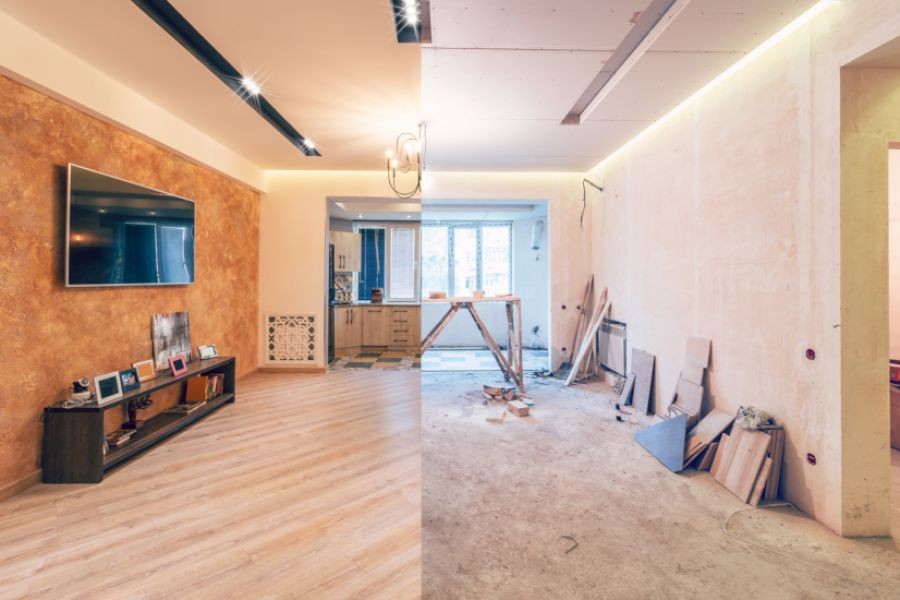





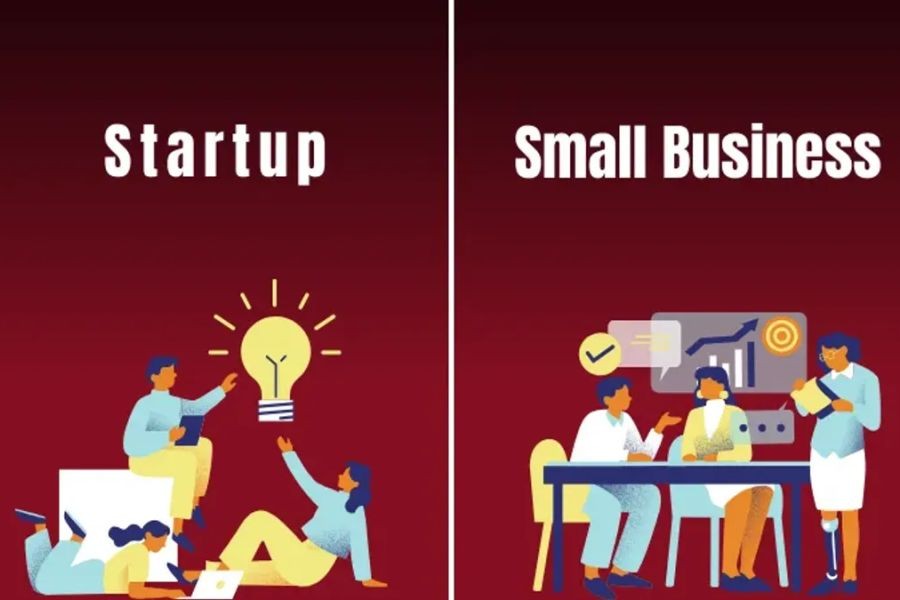





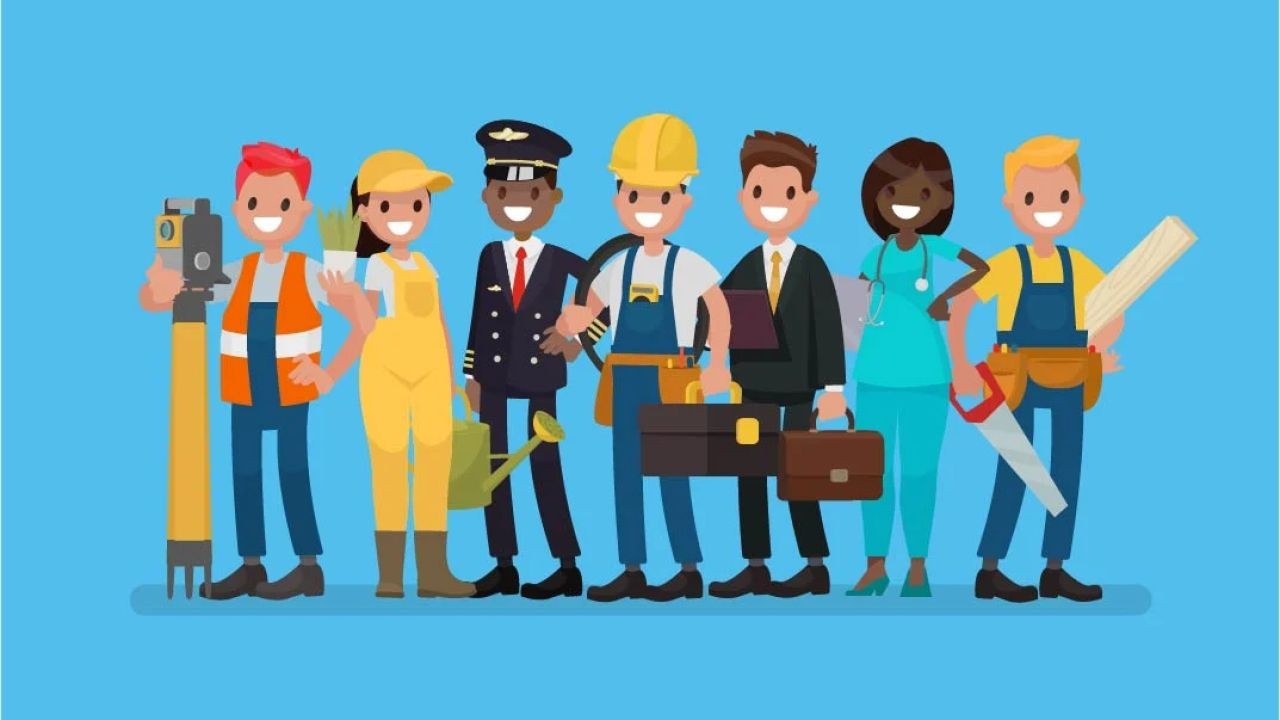



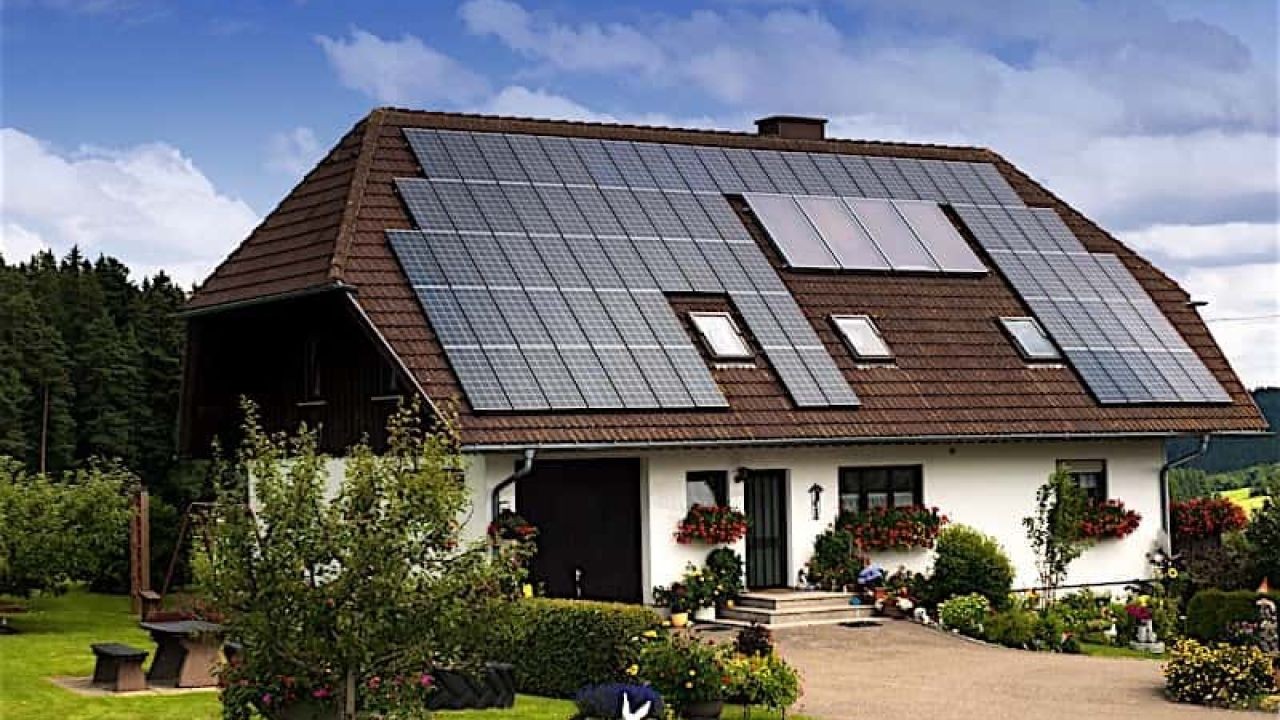


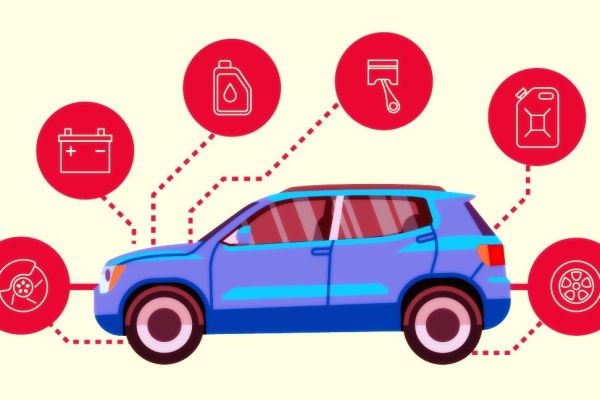





athena49510847
11 months ago